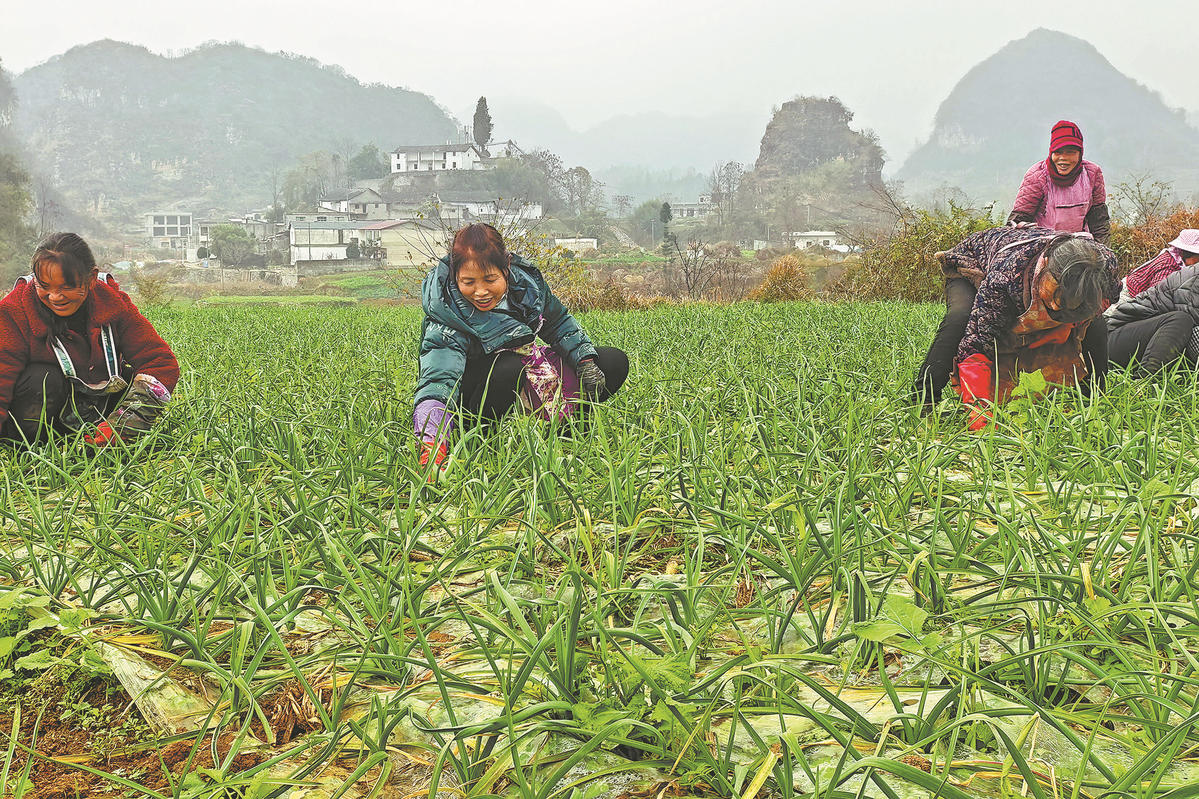Panda Guide releases 9th edition, boosting China's agriculture industry


Panda Guide, a professional evaluation platform of quality agricultural products supported by State-owned Sinochem Holdings Corp Ltd, released the list of quality Chinese agricultural products (2022) in Beijing, providing consumers with recommendations based on a strict selection criteria.
This is the ninth edition of the list published by Panda Guide after five years of development, covering product categories such as fruit, vegetables, grains, mushrooms and pork. It put 336 high quality agricultural products on the list this year, marking a record in the history of Panda Guide.
Due to information asymmetry, many high-quality agricultural products in China are unknown to consumers. However, foreign products such as Chilean cherries and Australian lobster have become well-known products for their quality in China.
In an effort to assist domestic growers to gain the premium and boost the development of modern agriculture in China, the Beijing-headquartered Sinochem created Panda Guide, the first ever of its kind, in China in 2018. After publishing the first edition of the high-quality Chinese agricultural product list the same year, it immediately received heavy attention and feedback from both consumers and farmers.
Based on the results of independent, scientific and fair market research and laboratory tests, Panda Guide created a proprietary review matrix and standard system for agricultural products, which is able to rate premium agricultural products in a one to three-star score.
Under its system, crops such as fruit, vegetables and foodstuff can be rated into three grades: one-star stands for "exquisite", two-star suggests "extraordinary" while three-star denotes "excellent".
A total of 14 three-star products made their name on the annual list this year, followed by 79 two-star products and 210 one-star products. Compared with 56 products released during the first edition in 2018, there are 280 new products on the list.
The further enrichment of the list further promotes the branding of high-quality agricultural products. In addition to helping farmers increase their income, it facilitates consumers to choose better food products, the company said in a statement.
For local governments, the establishment of new product brands can also notably stimulate the growth of the agricultural economy. As a Chinese style "Michelin Guide" of quality agricultural products, Panda Guide is willing to boost public welfare, and create more value for farmers, consumers and local governments, said the statement.
Panda Guide is committed to establishing a quality grade standard for Chinese agricultural products, fundamentally solving branding issues, so that unknown high-quality agricultural products can be seen and endowed with higher value in China, said Ma Yi, Panda Guide's COO and founder.
"It will also help Chinese farmers better connect with a broader consumer market, as well as introduce more practical agriculture-related technologies into rural areas," she said.
The survey teams of Panda Guide to date have traveled 4 million kilometers, passing through townships and villages in 31 provinces, municipalities and autonomous regions across China, according to the company's latest statistics.




































